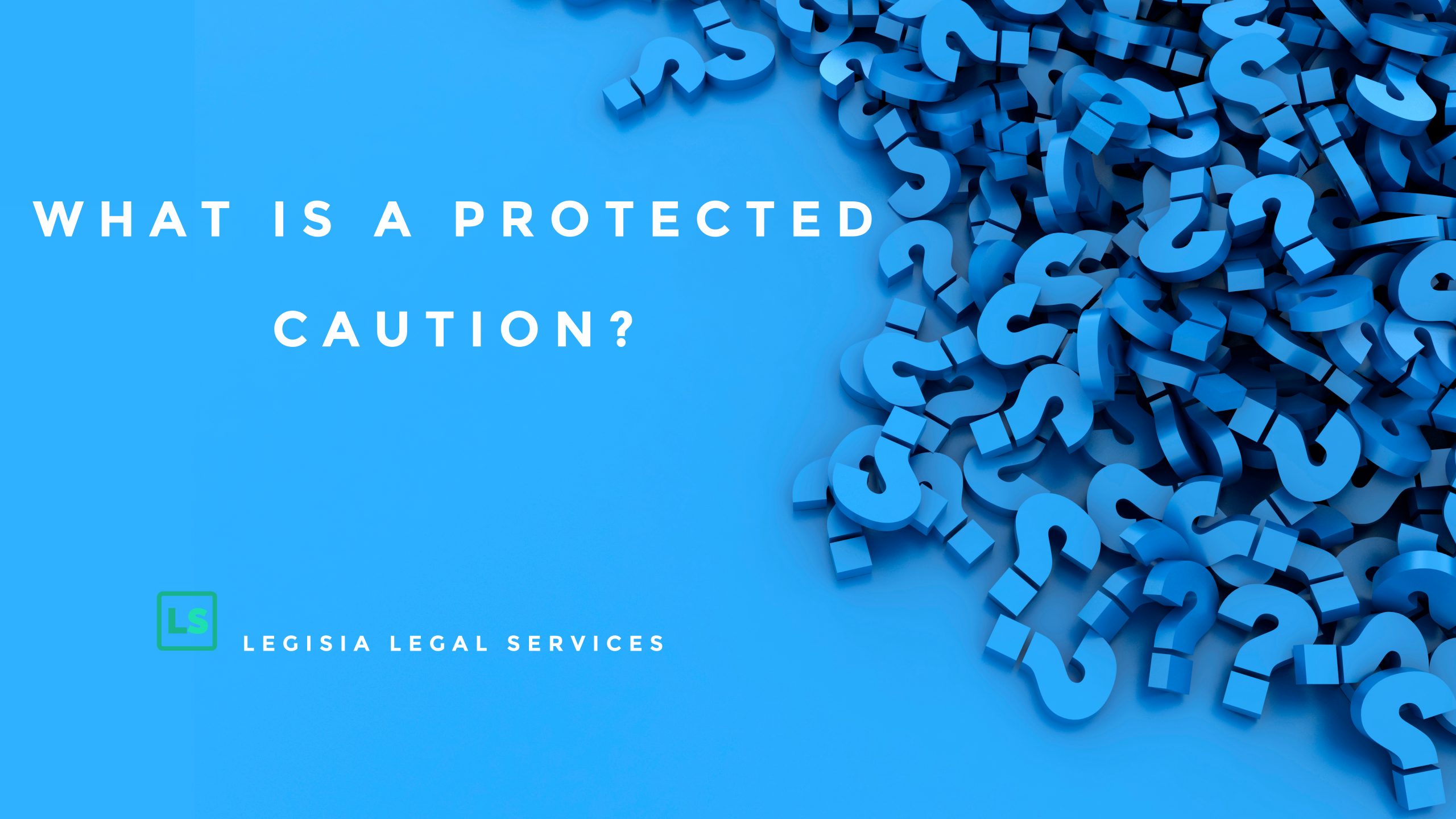If you have received a police caution you may be wondering: what is a protected caution?
What is a Protected Caution?
In the past the law used to only talk about “spent” cautions and criminal records. In 2013 new rules introduced the idea of a protected caution.
The rules related to spent cautions still apply, but the new rules introduced a further layer of complication.
The best way to explain the difference between what becomes spent, and what becomes protected and when, is to look at the background checks that these rules apply to.
What is a protected caution and how do they relate to DBS certificates?
There are three types of DBS certificate, basic, standard, and enhanced.
All employers can ask for a basic DBS check. It is in relation to a basic DBS check that it matters whether your record is “spent” or “unspent” according to the Rehabilitation of Criminal Offenders Act 1974.
All cautions are immediately spent for the purposes of a basic DBS check as soon as they are issued, no matter the type of offence, or when the caution was issued.
The only exception to this is in relation to a conditional caution. For a conditional caution it will become spent as soon as the conditions expire, up to a maximum of three months.
What is a protected caution and how does it relate to a standard and enhanced DBS certificate?
If your employer is asking you to apply for a standard or enhanced DBS certificate, this means they are allowed to ask an “exempted question”. This basically means that they are allowed to ask you about spent criminal records, but only to the extent that they are not “protected”.
The typical question you will be asked is the following:
Do you have any adult cautions (simple or conditional) or spent convictions that are not protected as defined by the Rehabilitation of Offenders Act 1974 (Exceptions) Order 1975 (Amendment) (England and Wales) Order 2020?
So, what is a Protected Caution?
An adult caution will become “protected” if it was issued six or more years ago, unless it is for an offence that is on the specified offences list.
All youth cautions (both simple and conditional) will be protected immediately.
If an adult caution is for an offence that appears on the specified offences list, your caution will be indefinitely disclosable on both a standard and an enhanced DBS certificate. Typical examples of specified offences cautions are ABH, affray, child cruelty/neglect, possession of indecent images of children or sexual assault.
For further details on when a caution will be disclosed, you can use our: police caution calculator.
A caution will become “protected” if it was issued six or more years ago, unless it is for an offence that is on the specified offences list.
What is a protected caution and will it continue to be disclosed after six years?
Once a caution is protected the police will still retain it on the Police National Computer (PNC) until you reach 100 years of age.
For youth cautions they will not be automatically disclosable on any level of DBS certificate, but may be revealed as “relevant information” on an enhanced DBS certificate.
For adult cautions, after six years, a caution will be “protected” and will not be revealed on a standard DBS check, but might continue to be revealed on an enhanced DBS check as “relevant information”.
In order for the police to reveal a protected caution, they would have to justify that it was necessary, reasonable, and proportionate to disclose the information. If you are arrested a second time, or receive a second caution, then it will make it much more likely that a protected caution will be revealed on an enhanced DBS certificate.
What is a Protected Caution and how does it impact overseas travel?
A protected caution can also continue to cause problems with respect to visas and citizenship overseas. A caution will be revealed directly on an ACRO Police Certificate for either 5 or 10 years depending on the offence. Once the time period has elapsed, the caution will become “stepped down”. Once it is stepped down it will be indirectly revealed via a “no live trace” disclosure.
For anyone who has never been cautioned or convicted, their Police Certificate will simply state “no trace”. If you provide a “no live trace” certificate to a foreign embassy, most often they will then enquire into the details of your criminal record. Certain countries, notably the United States and China, may block a Visa or citizenship application based on a police caution, depending on the offence, and when the caution was issued.
Police Caution Removal Solicitors
So if you have now answered the question, what is a protected caution, and you realise your caution is not protected, then please get in touch.
We have years of experience in applying for the removal of police records, including hundreds of successful police caution removal cases.
We understand the significant impact a low-level criminal allegation can have on someone’s career, and we deal with every case sensitively and compassionately.
We charge reasonable fixed fees for our services. Please contact us to arrange a fixed fee initial consultation where we will be able to provide you an honest and frank opinion on your prospects of successfully having your police caution removed.

